If you’ve enjoyed any of the many genealogy television shows that have become popular in the past decade, you undoubtedly have been amazed at the mysteries and secrets they uncover. The details of celebrities’ heritages revealed in these shows may spark curiosity about your own family story. Who were your people? Were they successful? Where did they live and work, and what language(s) did they speak? Did they have a sense of humor? Were they pirates? (No? Just me?)
In the thralls of genealogy entertainment, most of us have paused to wonder, but then never found the right moment to investigate further. You may have assumed that your ancestors were not documented because of their country of origin, the color of their skin, their religious background, or their socioeconomic standing.
We all have a familial past, and while it is true that these histories are better mapped for some people than for others, you might be surprised at the many things you can find, either in person at the library or—in times like these—online using your DPL library card (if you don’t have a DPL card and live in Colorado, you can apply for one on our main DPL website).
Many of the online resources offered through the library’s Western History and Genealogy department’s website are helpful for getting you started and keeping you going in your research. Genealogists, from professionals to the armchair variety, likely all know about digital access to the U.S. Census and newspaper obituaries.
But did you know you can also find digital records running the gamut from births in Mexico from the 1860s to Freedmen’s Bureau records documenting former enslaved Americans? The breadth of online records available can be astounding, including things like Philippine deaths from the 1720s and Lithuanian internal passports between 1919 and 1940. This is but a small and very random sampling of the sorts of records that exist, but they go to show you don’t have to have Mayflower ancestors to start mapping your family tree. These resources are all available using three large primary resource databases we recommend to researchers:
- Ancestry Library Edition: available from home with a DPL library card during the duration of our current COVID-19 closure, and onsite at all DPL buildings when we open
- MyHeritage: always available from home with a DPL library card
- Familysearch.org: a free web database accessible through creating a private profile
Within the three aforementioned database resources, you will find the bulk of indexed “primary source material” that is available. Primary source records—documents that were created at the time a life event actually happened—are most often collected and maintained by government entities. They are generally more reliable than privately created family trees you might find posted online by individuals, with their sometimes fallible memories. (Did Aunt Lola die in 1912 or 1913? I forget. Let’s just go with 1913….)
If your family has been lucky to count Colorado home for many years, the Western History and Genealogy website also offers a number of additional tools. These include, but are not limited to:
- Local obituary and marriage indexes
- Property records
- Cemetery and mortuary listings
- Online photographs
- Tailored research guides
- City directories
- Western History Subject Index
- and many other sources of local information.
Also on that site, we offer a primer on beginning genealogy that is helpful for those just getting started.
For those of you tracing African American or Hispanic roots, you will also want to reference our research guides for these communities.
If you are interested in tips on researching particular naming conventions, cultural practices that might impact genealogy research, or other contextual background to help you find ancestors from other countries or specific cultures, the FamilySearch.com website offers many helpful guides covering just this sort of information.
Turning for a moment from research tools to research advice, we generally caution against running only broad “search all” forays in the databases. While it can be fun initially to poke around to see what surprises turn up, ultimately this is a bit like seeking a needle in a haystack by randomly raking with a pitchfork. It is easy to get similarly named relatives confused, or to latch onto doppelgangers who have some matching details with your relatives, but ultimately end up being unrelated.
Ideally, for efficient and accurate genealogy research, you will need to plan a strategy and take notes. For help in the note-keeping process, the Ancestry Library Edition database offers several versions of downloadable charts and forms that allow you to record everyone’s details and relationships.
As far as forming your strategy, it is best to decide in advance which relative you want to begin researching, and exactly what you want to know about them. To use a silly analogy, you wouldn’t search for pasta in the produce section! The same principle applies here: search for information in the record sets where that type of information is stored.
In addition, while it’s tempting to begin your sleuthing with your great-great-great grandparents, it’s actually better to start with the people closest to you in time, about whom you know the most. Write down what you know is true about one relation, then decide what more you want to find about them. After you have answered all of your questions, you work backwards from there, using the clues you collect along the way.
The best resource to begin all of this work may depend on each person’s life story. However, for folks whose families have been in the U.S. since 1940, that year’s census on Ancestry would be the best place to begin (1940 is the most recent American census available until 1950 is released in 2022). Alternatively, if your family was in Mexico in 1930, the 1930 Mexican census would be the best starting point, and so on and so forth. When in doubt, all of our “big three” sources have simple catalogs, which are searchable listings of their holdings. These are particularly useful for pinpointing records by type or country of origin.
Genealogy research often depends on trial and error, and then subsequent attempts to verify this uncertain trail you are following. Remember: if you get stuck, our librarians are available by email or phone (720-865-1821), or via this web form to help direct you to the next step. And whether you’re searching for ancestors far afield or closer to home, you’ll find all of the resources mentioned on our Genealogy research webpage and our research guide page.
Until we are able to meet again at the physical library, we hope that these digital resources and advice will help you on your journey to find your ancestors. And please let us know if you turn up any pirates along the way!
Happy Researching!
**This article was written following consultation with James Jeffrey, Genealogy Collection Specialist. A similar version was originally printed in Denver Public Library's current issue of Engage.

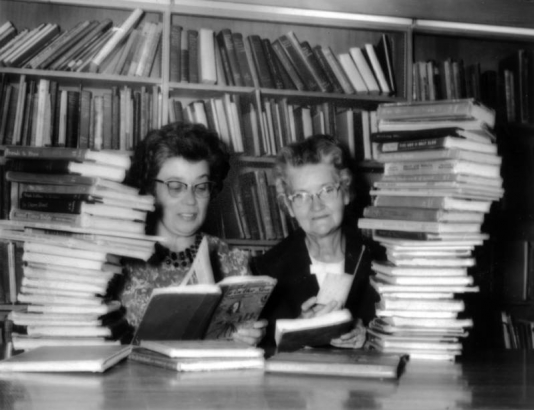
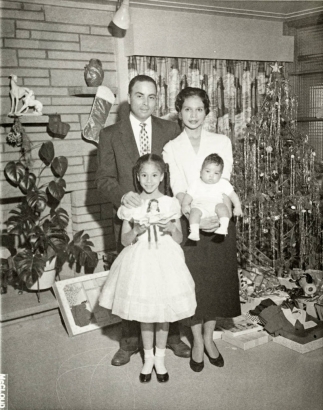
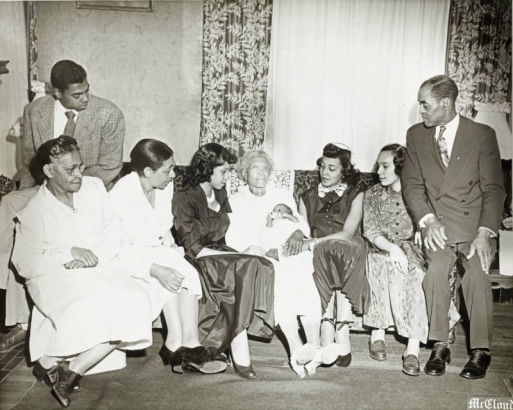
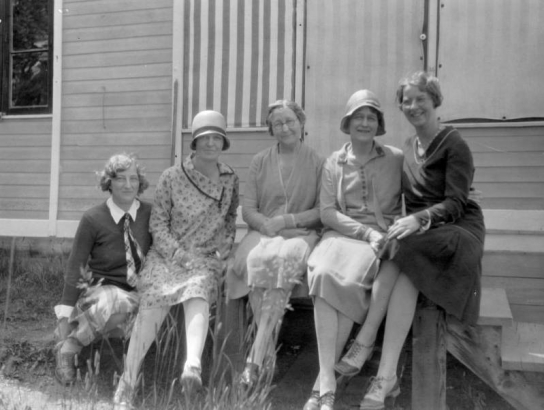
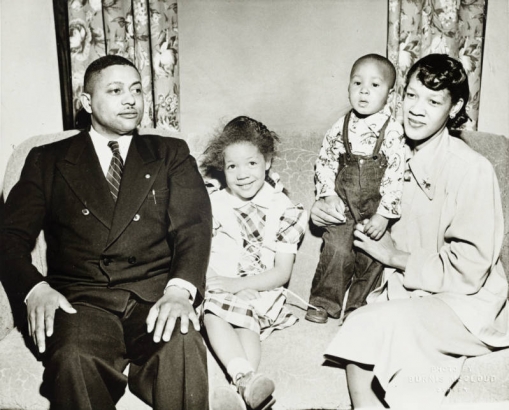
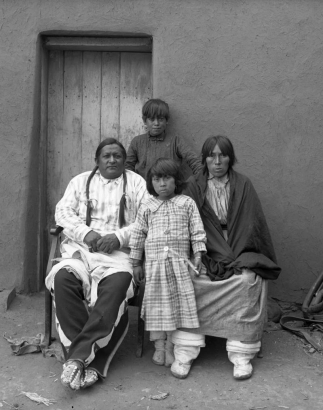
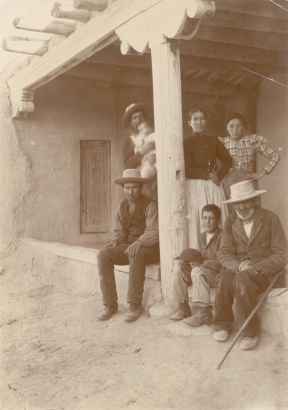
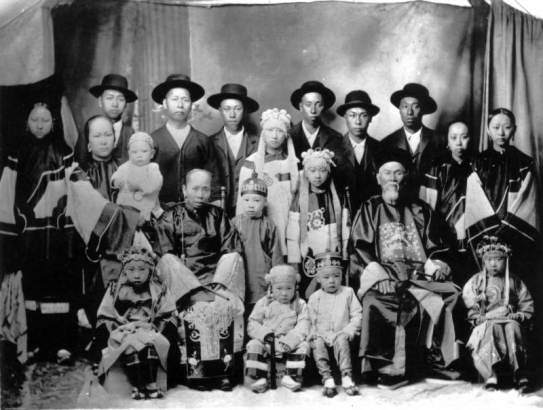
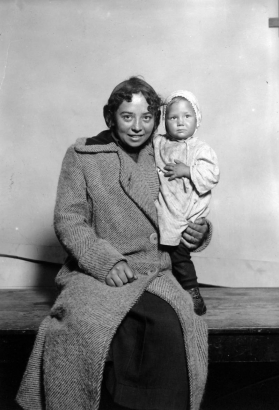
Comments
I would also like to add that
I would also like to add that many genealogical societies that used to hold meetings and events at DPL are now hosting events on Zoom. (right now, none of the society events are on DPL's calendar). This includes The Colorado Genealogical Society, which offers many free classes. Beginning Genealogy, writing, as well as special events on many subjects. August 29, an event originally scheduled as "5th Saturday" at DPL, will now be held online. Two speakers on WWII-related topics: Ellen Kowick, professional genealogist, on Holocaust records and Keli Schmid, DPL, will be discussing the records available for the 10th Mountain division: See this link here to register: https://cogensoc.us/special.php
Hi Kim! Thanks for this
Hi Kim! Thanks for this additional information. Yes, many of the local genealogy groups continue to meet virtually in this time. Folks with questions shouldn't hesitate to contact us to ask for more info.
Sorry to learn that James,
Sorry to learn that James, our premier genealogist, is retiring from WH-DPL. He is a wealth of information and helpful with the many requests for assistance he received. Best wishes for the new chapter of your life.
Stan Cuba
Thank you for your comment,
Thank you for your comment, Stan! We will be sure to pass it along to James. Yes, his retirement is a loss and we will all miss him! We continue to build further genealogy credentials amongst our librarians, and our volunteers (many professional genealogists themselves) remain available for consultation.
Thank you, DPL for my
Thank you, DPL for my employment 1974-1994, and continuing education with the Colorado Genealogical Society and W.I.S.E. Family History Society. My son and I moved to Frederick, Maryland in October 2020. Present pandemic restrictions prevent me from finding any group memberships here. I really miss the fellowship enjoyed in these groups. My sturdy health is blessing me over and over. Hugs to everyone at DPL. Reach me at joychichester@gmail.com.
Hi Lydia, thank you for
Hi Lydia, thank you for checking in to say hello. I'm sure the Colorado organizations would be happy to continue to see you in their virtual meetings, until you're able to find new groups out there!
Add new comment